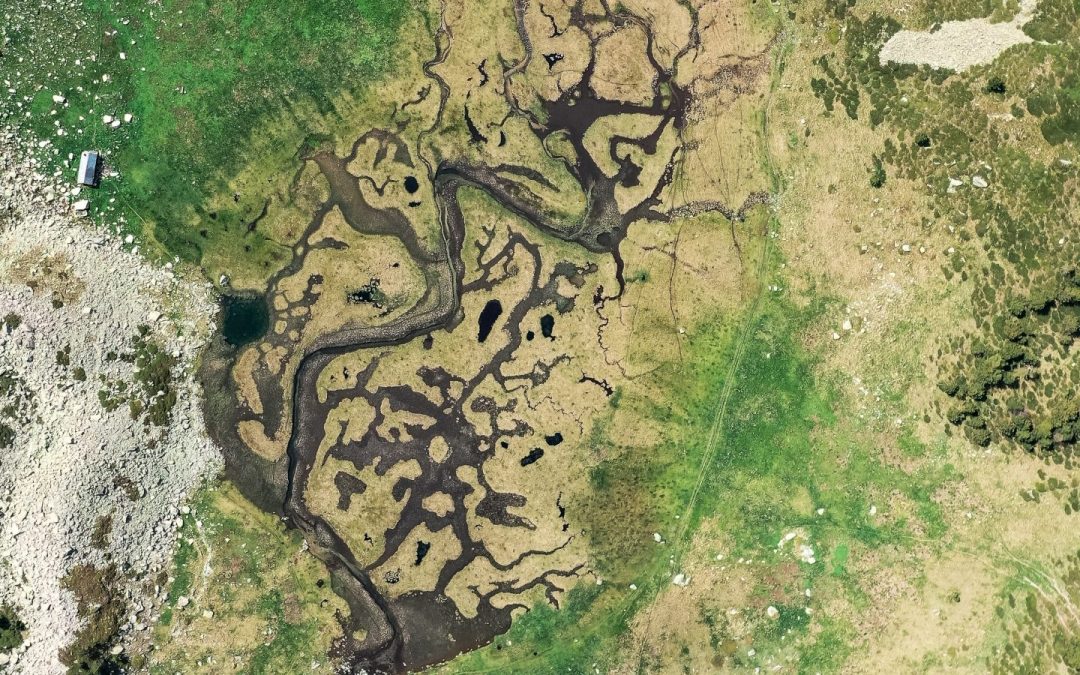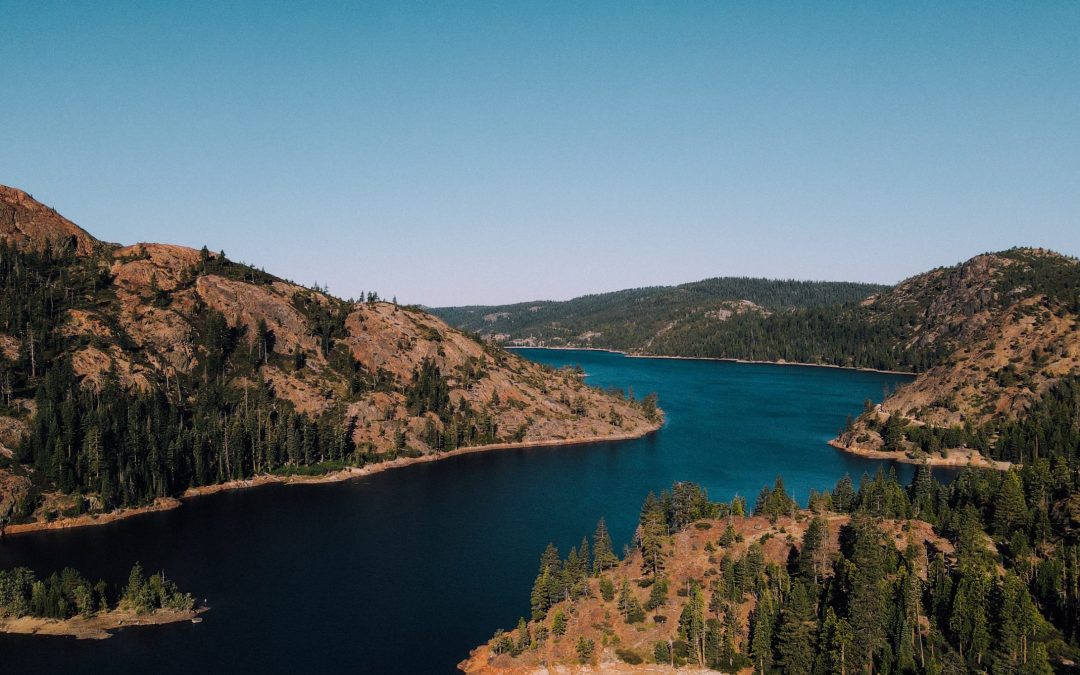
by Lillian Watson | Jul 22, 2022 | Events, Webinars
The Open Geospatial Consortium’s family of API standards are helping make geospatial data on the web more accessible and interoperable. This presentation will introduce pygeoapi – a Python server implementation of OGC’s standards. Kyle Onda, from the Lincoln Institute of Land Policy’s Center for Geospatial Solutions, will walk you through how to set up an API endpoint and discuss several ideas for how to use this flexible, open-source API framework for water data applications.

by Joshua Wilson | Jun 24, 2022 | Events, Webinars
This two-part workshop series will feature a project-based overview of concepts and open-source tools for performing geospatial analyses with hydrologic data using web services in R and Python. Join us for practical demonstrations and guidance for all experience levels.
Part one will focus on R and take place on July 19. Part two will focus on Python and will take place on July 26.

by Joshua Wilson | Jun 24, 2022 | Events, Webinars
This two-part workshop series will feature a project-based overview of concepts and open-source tools for performing geospatial analyses with hydrologic data using web services in R and Python. Join us for practical demonstrations and guidance for all experience levels.
Part one will focus on R and take place on July 19. Part two will focus on Python and will take place on July 26.

by Joshua Wilson | Apr 22, 2022 | Events, Webinars
The expansion of permanent cropland and continuing growth of urban communities are increasing demands on California’s limited water resources. These conditions are driving innovation to improve water risk management due to volatile hydrology. Urban agencies and Central Valley farmers regularly transact in a water market that is under new competitive pressure as participants manage this new normal. To provide greater market transparency, WestWater Research and Nasdaq have developed the NQH2O index which provides a weekly snapshot of California water prices. Market participants rely on the index as an informational tool to understand current prices in California’s spot water market. In addition, farmers are beginning to acquire futures contracts settling against the index to offset the financial risks of water market price volatility. In this presentation, WestWater staff will introduce California’s water market, the NQH2O index, and the new risk management tool of water futures contracts.

by Lillian Watson | Mar 31, 2022 | Events, Webinars
Since 2001, across a 35,000 km2 area, the Oak Ridges Moraine Groundwater Program (ORMGP) has carved out a path to collect, manage, and, via a multi-faceted website, share a wealth of water-related data and interpretations, all aimed at improving land use and water-related decision making in Ontario, Canada. In this webinar, Steve Holysh, Program Co-Manager and Senior Hydrogeologist at ORMGP, will provide an overview of the website, outlining a potential data and resource management path for others to follow and build upon.

by Lillian Watson | Mar 4, 2022 | Events, Webinars
States struggle to complete Clean Water Act Assessments due to the complexity of gathering and analyzing massive datasets. Arizona used free open-source software to reduce the time it takes to generate an assessment from 9 months to 15 minutes. In this webinar, Jason Jones, Senior Scientist at the Arizona Department of Environmental Quality, will demonstrate how Arizona’s publicly accessible interactive Water Quality Assessment Dashboard provides full transparency behind each decision and informs users of what additional data is needed to fill data gaps.





